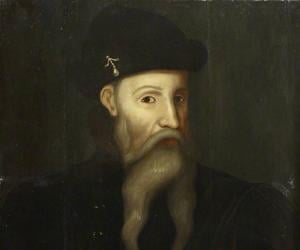Credit goes to Johannes Gutenberg for transforming book-making from manuscripts to the printed form as he introduced the movable-type printing press in the 15th century. The German printer and publisher’s invention contributed to mass communication during the Renaissance. He was not successful in his business and was exiled during the later years of his life. He was also a goldsmith.

Though born in Germany, racer Jochen Rindt competed for Austria throughout his illustrious career, which saw him score 6 Grand Prix wins. At 28, he was killed in a practice race for the Italian Grand Prix. He later became the only racer to be posthumously named the F-1 World Champion.


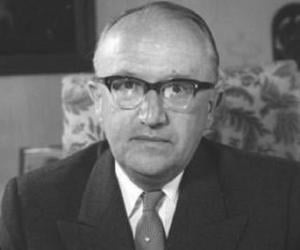





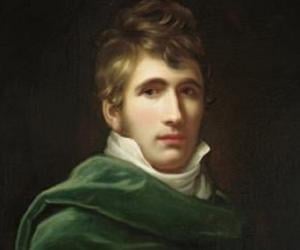

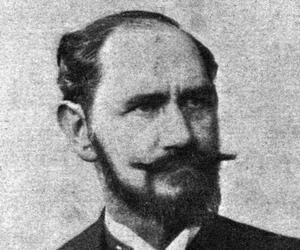
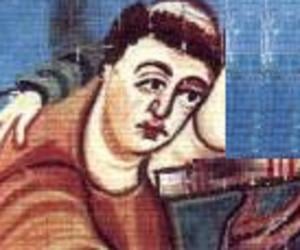
Apart from being a Benedictine monk, Rabanus Maurus was also a talented author and is remembered for his 22-volume encyclopaedia On the Natures of Things. He enriched German language and literature and this gained the nickname Teacher of Germany. His works also include translations and commentaries.




Franco Foda is a German former football player and the current coach of the Swiss club, FC Zürich. After playing for teams like Bayer Leverkusen and VfB Stuttgart, he went on to establish himself as a manager. As a manager, Franco Foda had success with Sturm Graz, helping them win the 2010 Austrian Cup and the 2011 Austrian Football Bundesliga.
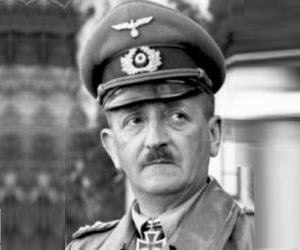
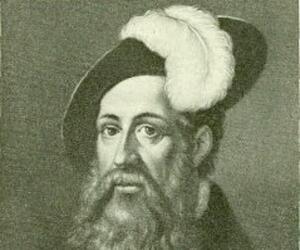
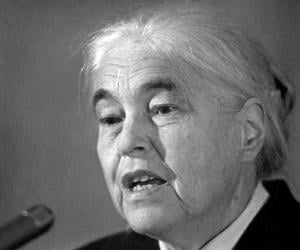
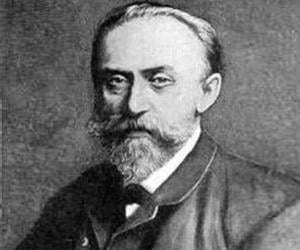
A qualified lawyer, Ludwig Bamberger became inspired by radicalism during the Revolutions of 1848 but turned into a moderate liberal during Otto von Bismarck’s reign. He represented the National Liberal Party in the Reichstag. He not only standardized German coinage but also established the Reichsbank and adopted the gold currency.
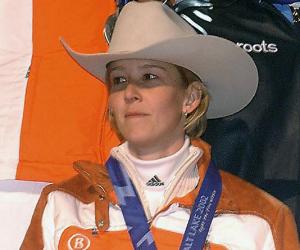



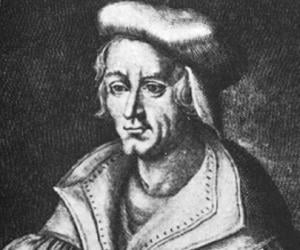


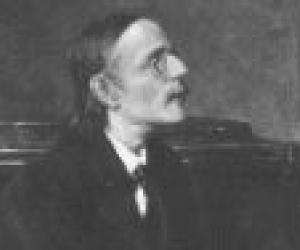


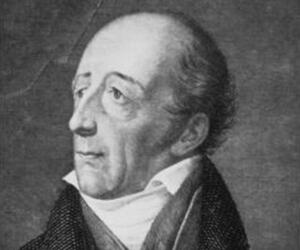

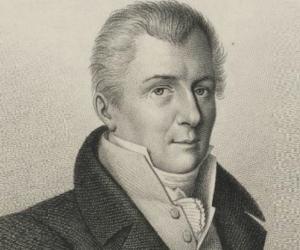


Retired German footballer and coach Denis Wucherer has represented clubs such as Frankfurt Skyliners and Benetton Treviso as a player. A promising shooting guard, he, however, went undrafted by the NBA in 1995. He was part of the 2005 European Championships silver-winning German squad.
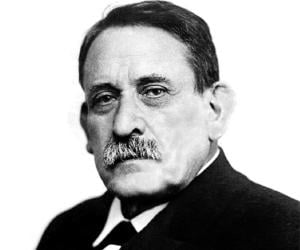



Thirteenth-century rabbi and mystic Eleazar of Worms is best known for his copious works such as Sefer Ḥasidim, which offer detailed accounts of the Hasidei Ashkenaz movement of German Jews. His work on Jewish ethics, Ha-Roḳeaḥ, or The Perfumer, earned him the nickname Eleazar Rokeaḥ.



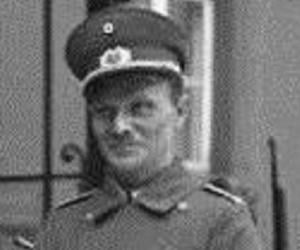


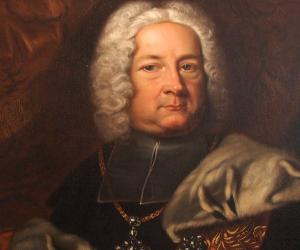
Apart from being the bishop of Bamberg and Würzburg, Friedrich Karl von Schönborn had also served as the vice chancellor of the Holy Roman Empire for almost 3 decades. He made Bamberger Akademie into a university and introduced new regulations for the University of Würzburg.


